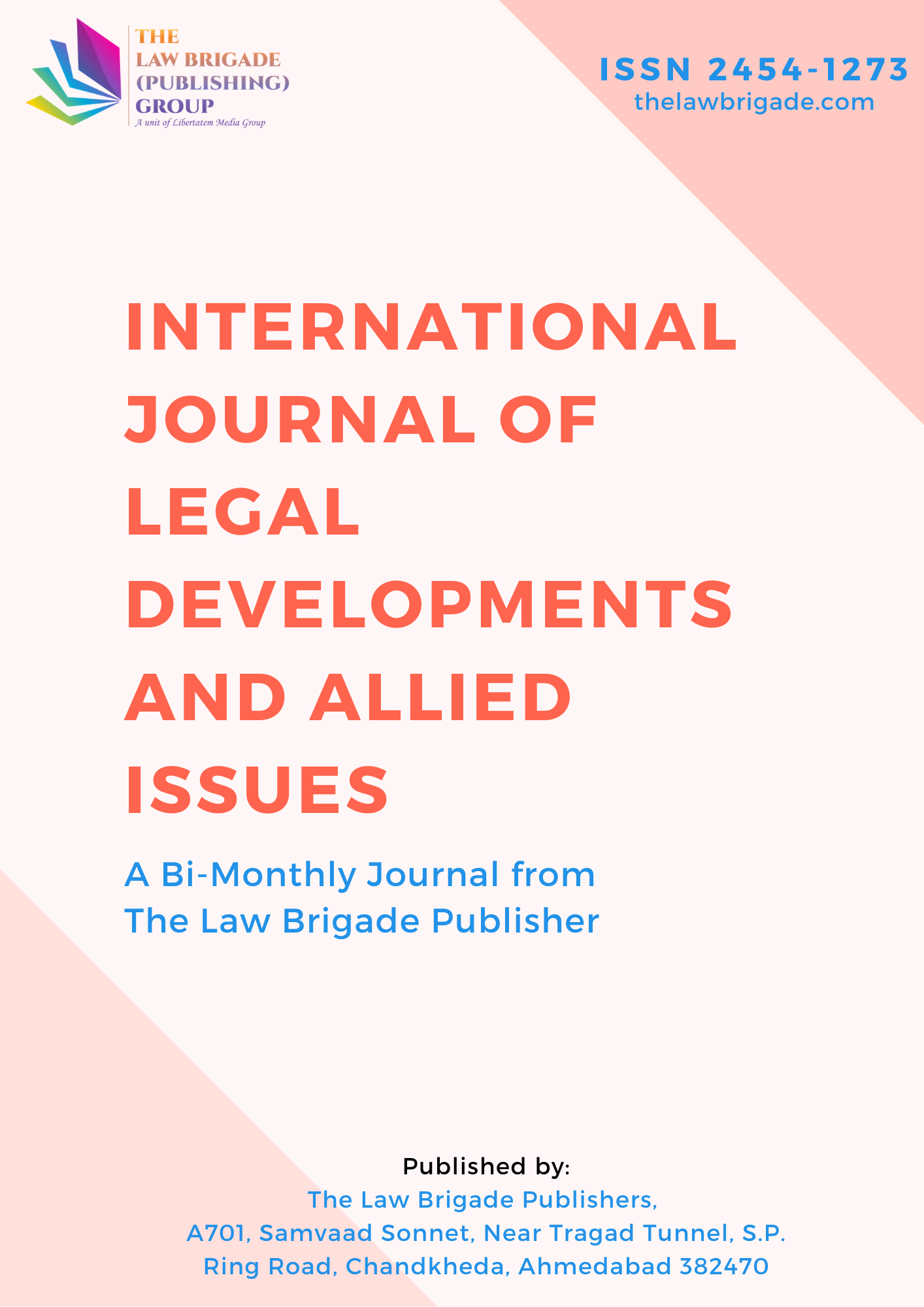Sports—since time immemorial—has served as a universal language of unity, camaraderie, and friendly competition. Often overlooked in proportion to its importance, Sports Law bridges the gap between athletics and governance, safeguarding the interests of all stakeholders in the sports industry. In Nigeria, the development of a comprehensive legal framework for sports has experienced steady growth over the decades. However, it is essential to acknowledge that more efforts are needed to enhance this discipline further, especially in the modern era, replete with novel challenges and prospects. Sports law in Nigeria was initially an underdeveloped sector, its importance unrecognized due to the perceived triviality of sports. For many years, sports were governed by ad hoc policies, rules, and regulations that were mostly marred by irregularities and inconsistencies. It was widely accepted that sporting disputes should be resolved on the turf, not courtrooms, further undermining the necessity for a legal framework. As the popularity of sports in Nigeria surged, the imperativeness of laws to govern the sector gradually began to dawn on relevant stakeholders.
The growth of sports law in Nigeria began to pick up speed in the late 20th century, parallel with the country’s sporting achievement on international platforms. The need to adopt global best practices in sports governance and dispute resolution became rather pressing. Ensuring the fair play, protecting athletes’ rights and the integrity, cultivates the ground for a robust legal framework. Incremental changes characterized this phase of development, with regulations put in place to govern athletic competitions and prevent ethical infringements. In recent years, the steady growth of legislation to govern sports in Nigeria has been increasingly noticeable. It is a direct result of the resurgence in the popularity and relevance of sports. The Nigerian Sports Commission Act, Nigerian Football Association act, and various laws regulating sports federations are exemplary illustrations of the country’s progress in creating an enabling legal environment for sports.
Nevertheless, it is important to note that despite the significant strides made in the development of sports laws in Nigeria, much work remains. A surface-level review of the existing legal framework shows it is fraught with inadequacies. The sports legal system often lacks the depth, detail, and precision necessary to handle the complex issues arising from modern sporting practices. Further, inadequate implementation and enforcement of existing laws often result in widespread impunity and recurring breaches of athletes’ rights. Moreover, these laws are generally reactive rather than proactive. They are majorly fashioned to deal with problems as they arise instead of anticipating and forestalling them. As a result, they are far behind the rapid advancements taking place in international sports, which is constantly evolving beyond the existing regulatory scope.
In light of these challenges, it is increasingly clear that there is much room for improvement in the expansion of sports law in Nigeria. Key areas that require stress include periodic review and amendment of existing laws, stronger enforcement mechanisms, and robust policies that protect players’ rights. A proactive, comprehensive legal framework would lay the foundation for consistent growth and development of sports in Nigeria, engendering national pride and unity. The steady growth in the legal framework of sports law in Nigeria is a commendable development. However, Nigeria must confront the challenges stifling the full actualization of this development. By dynamically improving on existing legislation and aligning Nigeria’s sports law with global best practices, the sports industry can foster a competitive and fair environment for all stakeholders. Thus, the scope, detail, and efficiency of Nigeria’s sports law should correspond with the rapidly evolving global sports landscape, prioritizing the protection and development of athletes and the integrity of sport. The journey may be long, but with steady strides, Nigeria’s sports law can potentially rival that of more developed countries in the foreseeable future.





